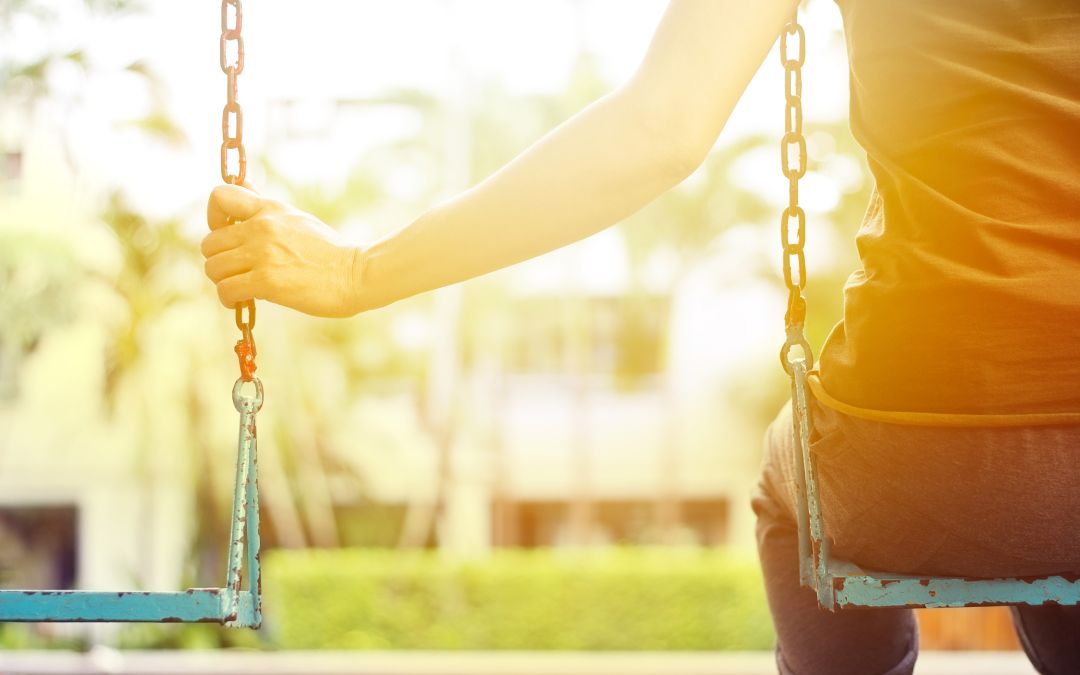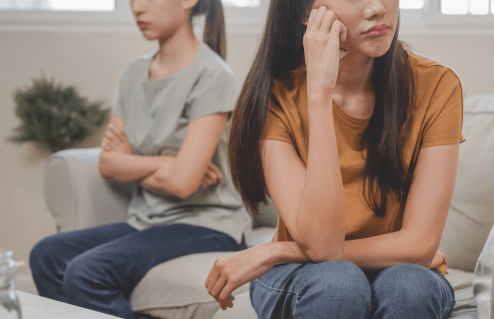How to avoid getting stuck in the grief trap after the loss of a loved one
I’m not a psychologist or a scholar, I’m just a bereaved Mum, but I have learned how to live a meaningful and happy life despite the sudden death of my 23-year old son Toby in 2011, writes Anne Thorn

We often hear about the five stages of grief described by Elisabeth Kübler-Ross in On Death and Dying which became a handbook for grieving in the 1970s. From my experience, living with intense grief is more like riding a roller coaster than progressing through a set of sequential phases labelled denial, anger, bargaining, depression and finally acceptance.
It is a cliché, but everyone handles grief in different ways, there is no set formula or timescale for adjusting to living with loss. However, one thing I have observed in those grieving is that many people become trapped in grief and stay stuck there with no signs of ever setting themselves free to live a full life. Research studies have shown that unresolved grief is cited as the cause of 15% of psychiatric referrals.
It is normal to feel a profound sadness and miss someone you lost. Life may be disrupted for some time as you adjust and come to terms with living without that person in your life and coping with thoughts of how they died, but in time most people will gradually find a new normal and learn to live a full life.
Key lessons I have learned for living with loss are:
1. You can choose how you live your life now; make a commitment to yourself and the person who died that you will take positive steps to recover and live the best life you can.
It may be difficult to acknowledge, but the day I made a conscious decision to live the best life I could in the circumstances was a turning point for me. I could choose to live in misery or choose to find ways to live a good life. I realised no matter how bad I felt and how long I sat at home and cried it wasn’t going to bring Toby back.
2. You have every right to be selfish in your grief and not be judged by others. If something feels right do it, ignore the judgement of others or feelings of how you feel you ‘should’ behave.
I did a lot of things quite soon after I lost Toby. I got a puppy, I joined a choir and did a counselling course. Lots of people told me it was ‘too soon’, but only I knew what helped me so don’t feel guilty if you get on with your life.
3. Accept that guilt can be a consequence of loss, but each time you feel a ‘guilty’ thought replace it with a memory of a happy time.
No matter who died or how they died it is natural to feel some guilt. Why didn’t I make more time for them? Why didn’t I see they were depressed? So on, so on. Every time I feel guilty, I remember all the times I told Toby I loved him and times when I helped him and cared for him and I know in my heart I did the best I could for him.
4. Keep an ongoing connection with the person who died.
Even though the person is not physically around, keep their memory alive by talking to them. I have a pencil portrait of Toby in my bedroom and I often talk to him. I write him letters on his birthday. You don’t need to make a shrine but keeping the person as still very much part of your life, helps lessen the sense of loss.
5. Think of yourself living a happy life to honour the person who died; live a good life in their memory. Ask yourself if the person who died would want you to live in misery due to their death?
In many ways, I value life and living far more than ever I did ‘before’. I imagine that Toby wouldn’t want my life to be destroyed by his death so I live a good life in his memory, for him, so his death wasn’t meaningless.
Read more about Anne’s journey on her blog here.
Photograph: iStock









